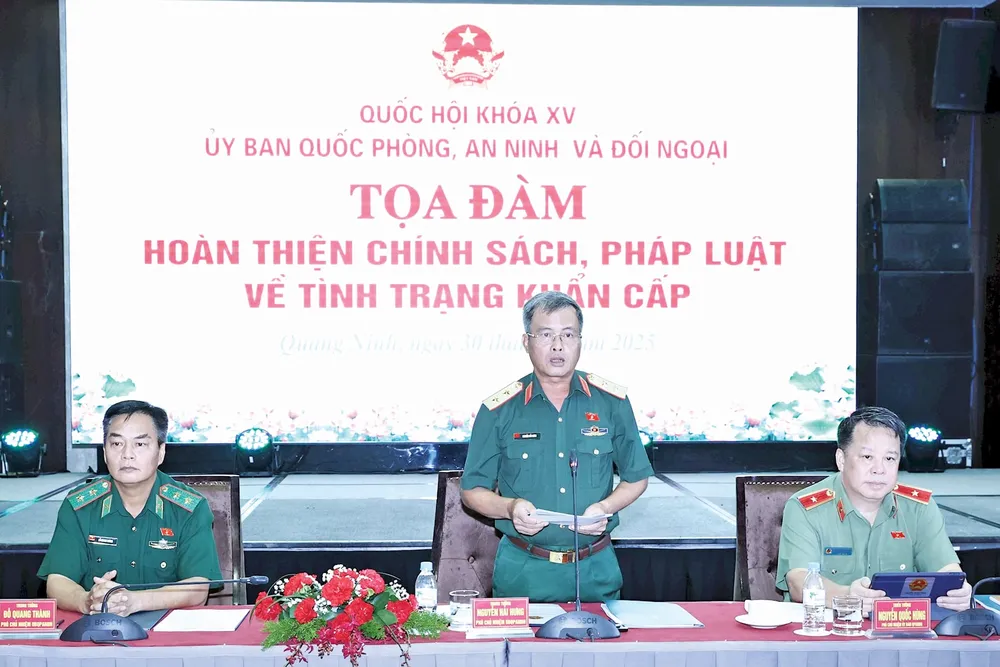
On July 30, the National Assembly 's Committee on National Defense, Security and Foreign Affairs held a seminar on "Improving policies and laws on states of emergency" to serve the reception and revision of the draft Law on States of Emergency. The seminar aims to receive and revise the draft law to report to the National Assembly Standing Committee at the 48th session (August 2025) and submit it to the National Assembly for consideration and approval at the 10th session (October 2025).
Co-chairing the event, Deputy Chairman of the National Defense and Security Committee Nguyen Hai Hung stated that, implementing the direction of the National Assembly Standing Committee and on the basis of the opinions of National Assembly deputies, the draft law has been revised in the direction of not replacing specialized legal regulations, only regulating the principles, order, procedures, authority to promulgate, announce, and abolish the state of emergency, and building appropriate and unified regulations.
Opinions at the discussion said that the review agency and the drafting committee had accepted many valid opinions. However, the concept of “state of emergency” is still a matter of differing opinions. Some opinions suggested clarifying the role of presiding and commanding in implementing measures in a state of emergency.
Accordingly, it is necessary to add the regulation that "The Chairman of the Provincial People's Committee shall preside over and command the forces participating in responding to and overcoming the consequences of natural disasters, epidemics, and environmental pollution caused by nuclear radiation and chemical incidents in his locality".
The police commander presides over and commands the police forces under his authority, coordinates with other forces to participate in responding to and overcoming consequences in a state of emergency regarding national security and social order and safety in the area where the state of emergency is prescribed.
The military commander presides over and commands the military forces and militia under his authority, coordinates with other forces to participate in responding to and overcoming consequences in national defense emergencies in the area where the emergency is prescribed...
In addition, delegates also focused on discussing and clarifying the declaration, announcement, and abolition of the state of emergency; measures applied in a state of emergency; relief and support for people and businesses in an emergency; response forces and enforcement forces in an emergency; and responsibilities of agencies, organizations, and individuals.
Source: https://www.sggp.org.vn/lam-ro-vai-tro-chu-tri-trong-ung-pho-voi-tinh-trang-khan-cap-post806083.html






![[Photo] Opening of the 14th Conference of the 13th Party Central Committee](https://vphoto.vietnam.vn/thumb/1200x675/vietnam/resource/IMAGE/2025/11/05/1762310995216_a5-bnd-5742-5255-jpg.webp)

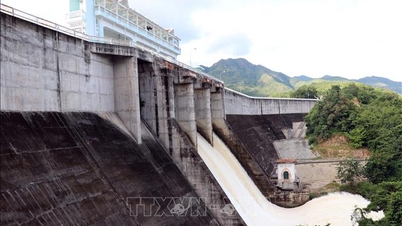

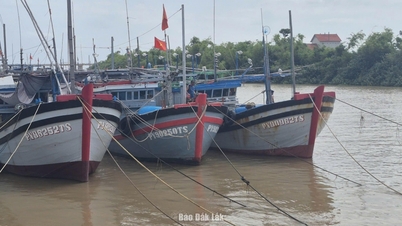

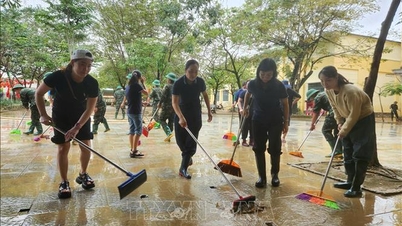
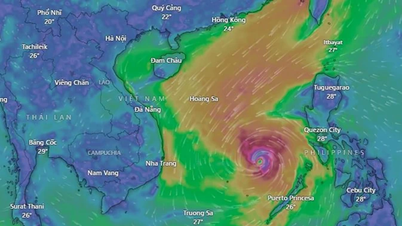

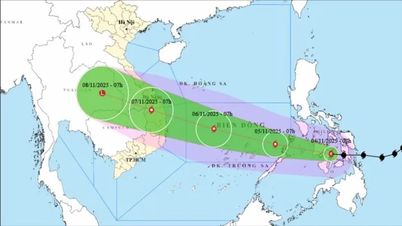



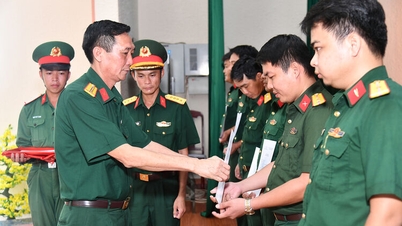

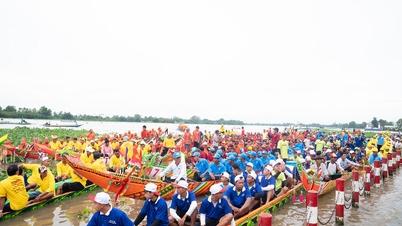


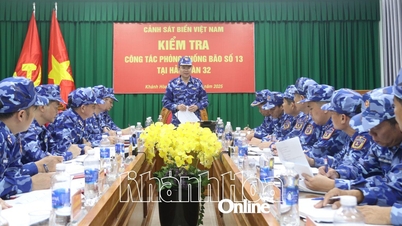
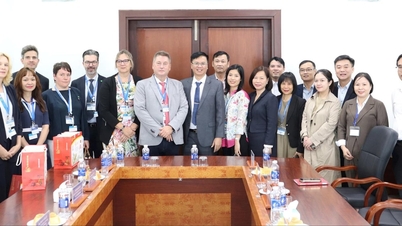





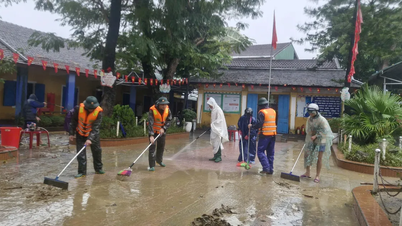




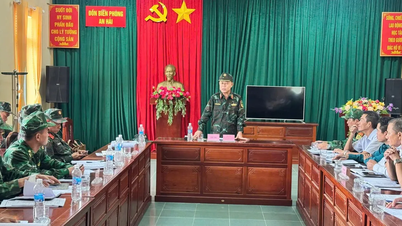

![[Photo] Panorama of the Patriotic Emulation Congress of Nhan Dan Newspaper for the period 2025-2030](https://vphoto.vietnam.vn/thumb/1200x675/vietnam/resource/IMAGE/2025/11/04/1762252775462_ndo_br_dhthiduayeuncbaond-6125-jpg.webp)





































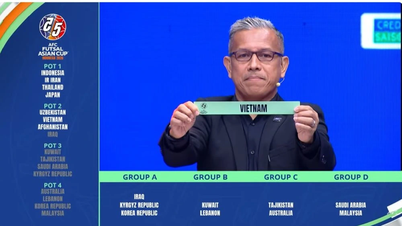

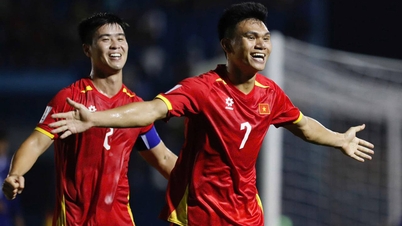





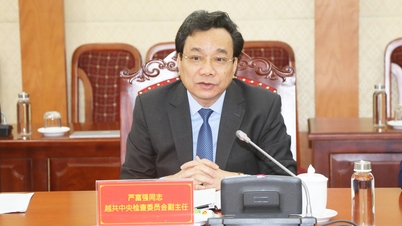

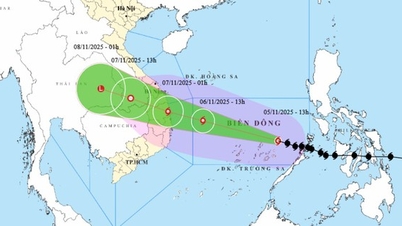




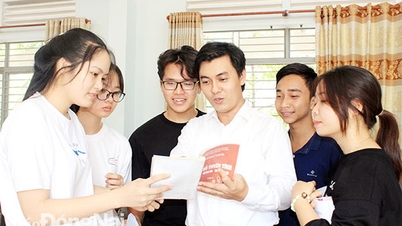

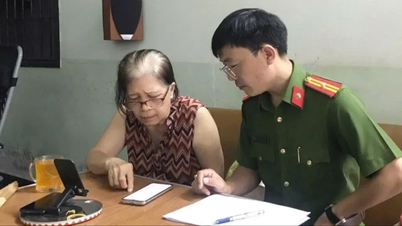
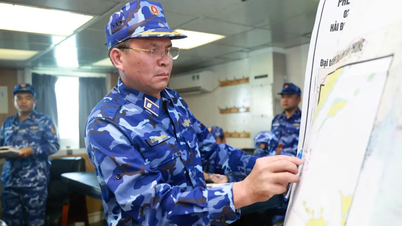
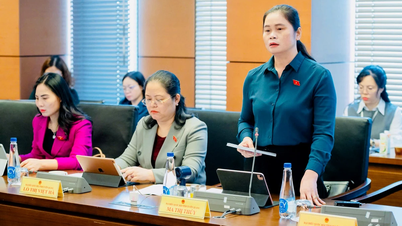














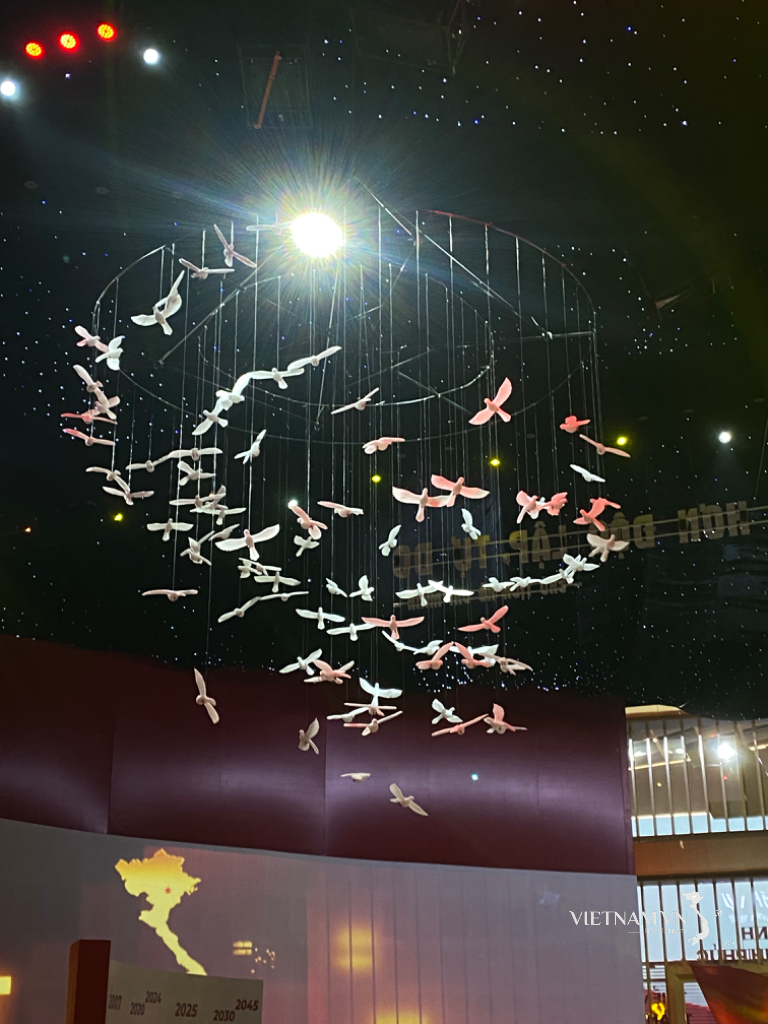


Comment (0)